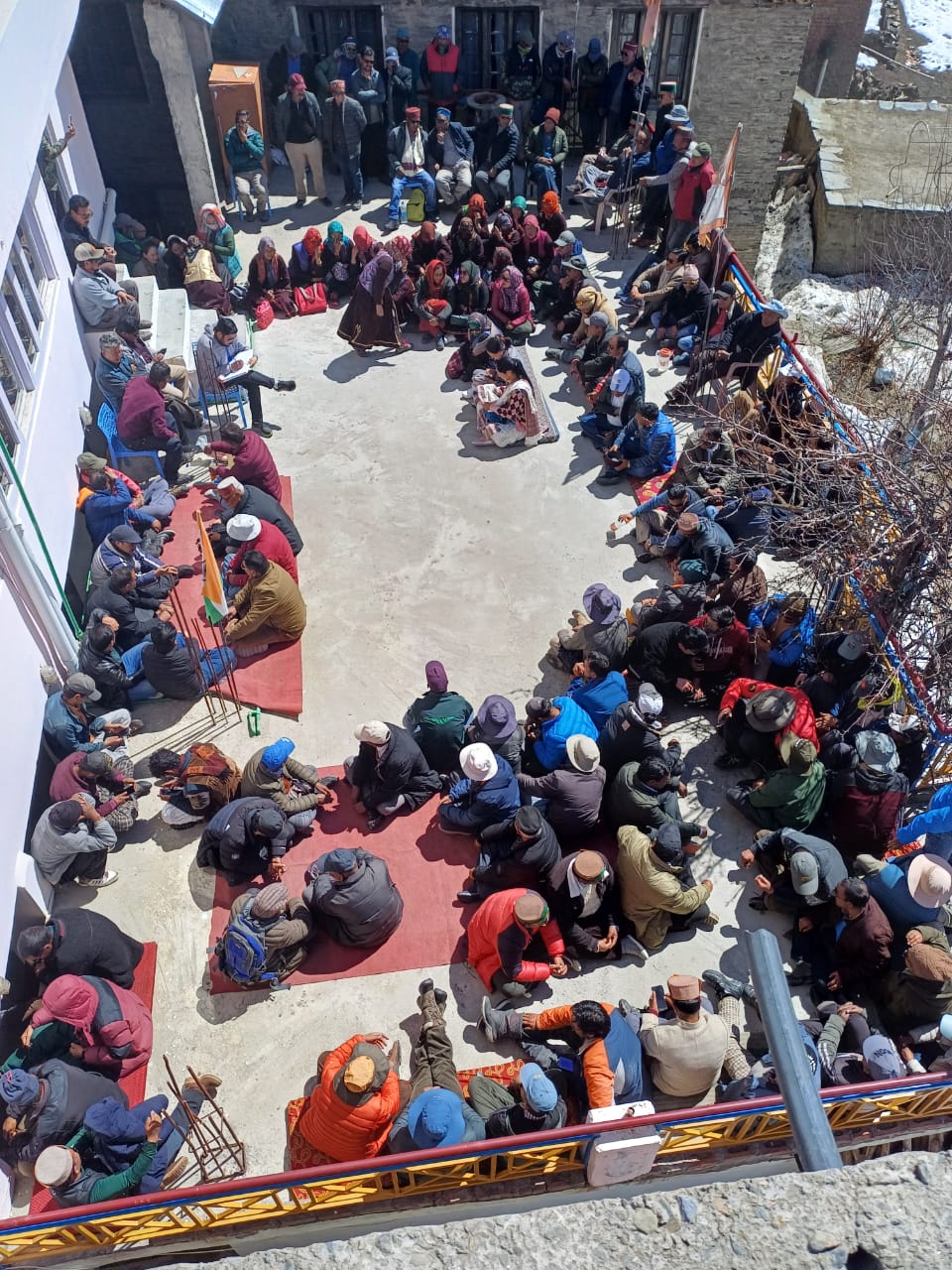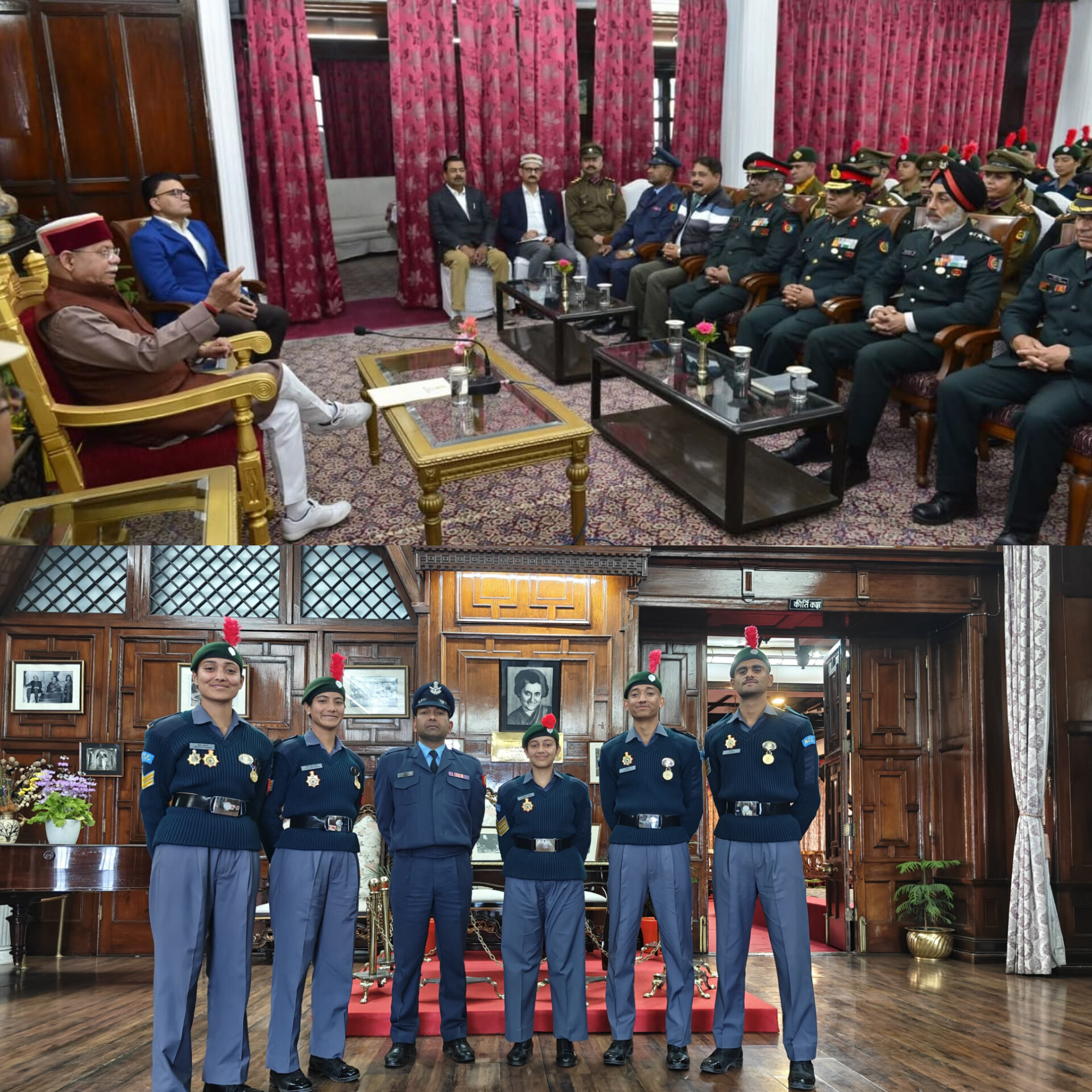UNICEF Sounds Alarm on Child Rape Crisis in Eastern DRC: A Child Reportedly Raped Every Half Hour Amid Escalating Conflict and Funding Collapse.
GENEVA:
In a harrowing update from the Democratic Republic of the Congo (DRC), the United Nations Children’s Fund (UNICEF) has revealed that the rate of sexual violence against children in the country’s eastern conflict zones has reached catastrophic levels, with initial data suggesting that a child was raped every 30 minutes during the most intense period of fighting this year.
Speaking at a press briefing in Geneva, UNICEF spokesperson James Elder described the crisis as “a systemic and deliberate campaign of terror” being inflicted on children. Based on reports from local protection actors, nearly 10,000 cases of rape and sexual violence were documented in just January and February 2025, with children accounting for 35 to 45 percent of victims.
“We are not talking about isolated incidents; we are talking about a systemic crisis,” said Elder. “We are seeing survivors as young as toddlers. It is a weapon of war and a deliberate tactic of terror.”
The staggering figures only reflect the reported cases. UNICEF warns the true scale is likely far greater, masked by layers of fear, stigma, and insecurity. The emotional and physical toll on child survivors is compounded by a growing humanitarian funding crisis, leaving many without access to even the most basic medical and psychological care.
Funding Crisis Jeopardizing Lives
UNICEF has issued an urgent appeal for global support, warning that unless new funding is secured within the next 12 weeks, over 250,000 children will lose access to critical gender-based violence services and protection programs.
Elder recounted a recent visit to a hospital where 127 rape survivors, including children, had no access to PEP kits (Post-Exposure Prophylaxis to prevent HIV). “That is a direct consequence of rapid funding cuts,” he said, “and it means girls and women are enduring unimaginable horrors without even basic care.”
He shared the story of a 13-year-old girl, raped and impregnated during the conflict, who had to undergo a caesarean section due to her young age. “‘I am a girl. I don’t know how to be a mother,’” she told Elder—words that now haunt UNICEF’s warning to the world.
Health Gains at Risk of Reversal
UNICEF cautioned that the broader health and development system in DRC—bolstered by years of humanitarian investment—is now in danger of unraveling. Without urgent funds, projections for 2026 are grim:
- 100,000 children could miss measles vaccinations
- 2 million children might go without malnutrition screening
- 500,000 children could be left without access to safe drinking water
“The cost of inaction isn’t abstract,” Elder emphasized. “It’s measured in preventable suffering and lost futures.”
Regional and Global Implications
The crisis is not contained within DRC’s borders. The country has been the epicenter of multiple outbreaks with global health implications, including Ebola, cholera, and Mpox. UNICEF warned that weakening DRC’s health infrastructure risks exacerbating regional and global vulnerabilities.
Hope Amid Horror
Despite the grim statistics, Elder highlighted the resilience and dedication of Congolese health workers, social workers, and volunteers. Many continue to serve amid chaos—supporting survivors, promoting vaccination, and fighting misinformation online.
“Day by day, they accompany survivors, stitching together safety, dignity, and justice,” Elder said. “And the child survivors themselves are refusing silence, saying: ‘If we stay quiet about rape, there is no justice, and we don’t heal.’”
UNICEF’s message is clear: the children and caregivers of DRC do not need pity—they need peace, protection, and opportunity. But to achieve that, the international community must act now.



